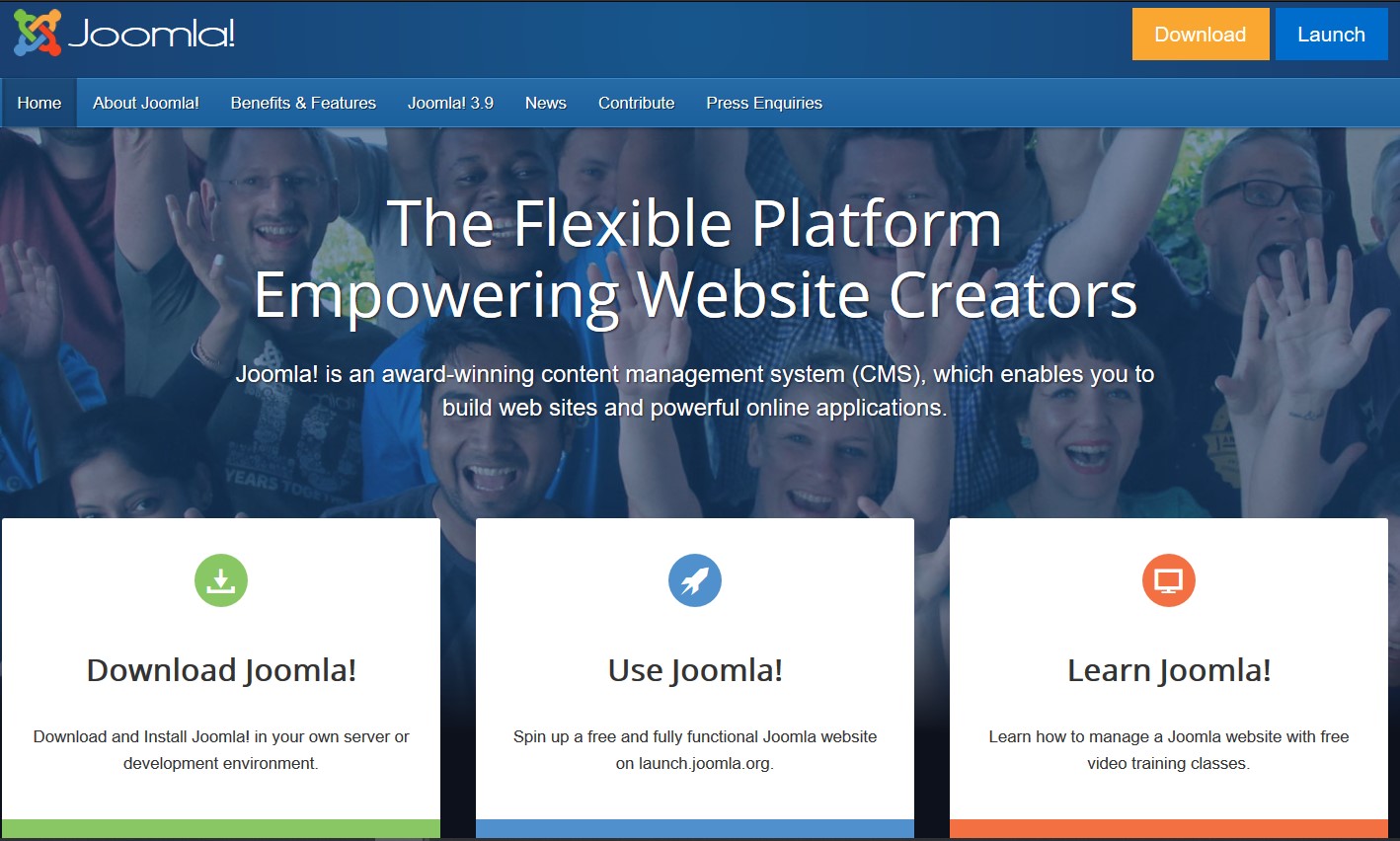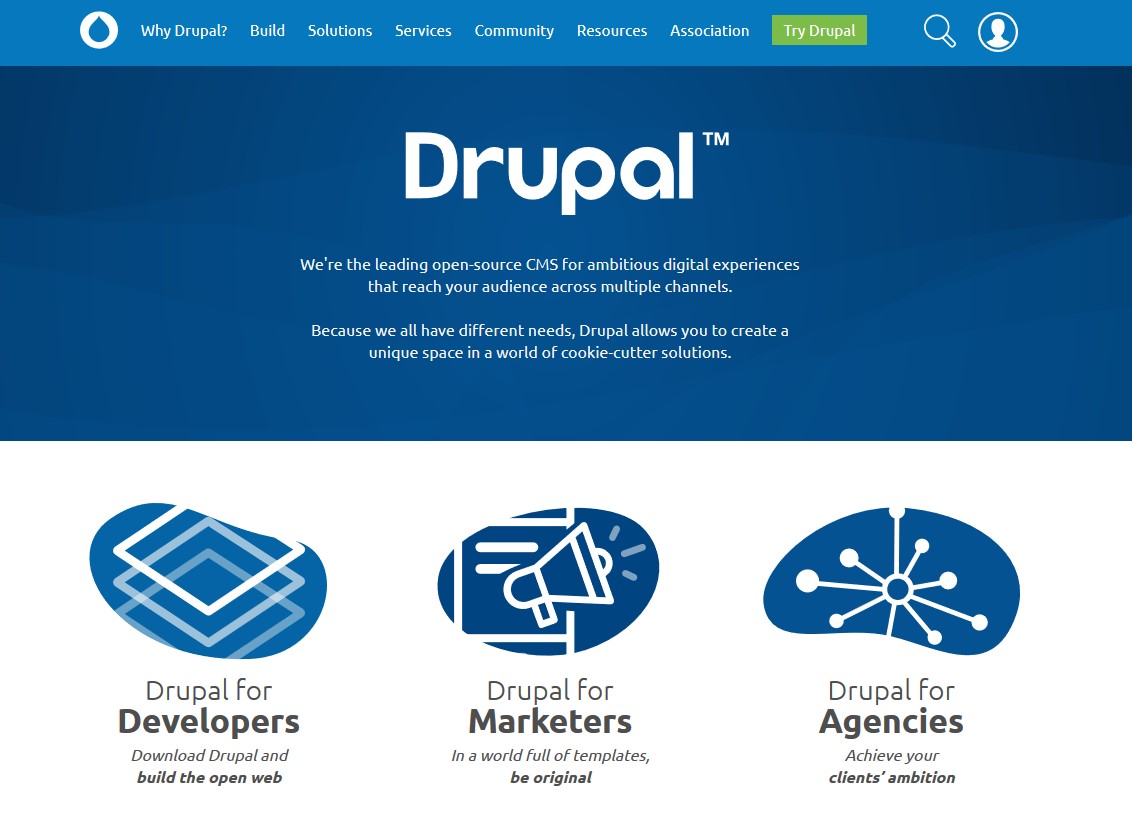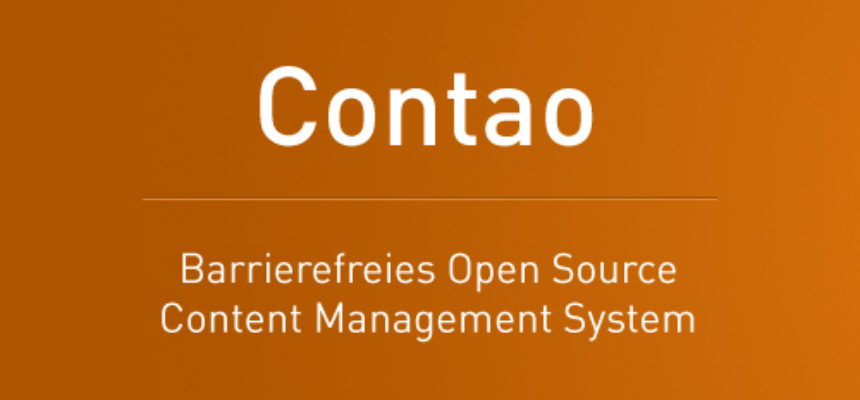Best 5 Content Management Systems That Are Shaping The Future of Online Businesses
Building websites in the conventional way of hand coding HTML/CSS is passe. For injecting more twists and turns into websites, we now have content management systems.
The Internet is filled with a great deal of options when it comes to picking the best content management system to smoothen the process of project development. Regardless of what kind of business needs you have, you can probably find the one which best suits your objectives.
Owing to the cut-throat competitive scenario, webmasters and entrepreneurs alike are finding it difficult to spend time and understand the technical details of each and every CMS. They only want to master one one or two CMS to stay clear, informative and upbeat. They also have to decide on the level of energy and efforts need to put on each of them to easily define visitor's experience on the web. This means they need a platform that ensures a greater level of flexibility to deliver better results.
In this article, we are going to discuss about some of the leading content management systems that are designed specifically to derive the growth of content management. All of them are selected on the basis of their qualities, features, and efficiency of managing multiple websites to ensure operational consistency.
1. WordPress

WordPress is one of the most promising PHP based content management systems that has its roots as a dynamic blogging platform. The platform was initially developed with the motive of supporting the creative abilities of blog lovers, but it has been now evolved quite impressively to power a great deal of non-blogging websites (corporate, portfolio, discussion forums, community, social networking websites and more).
WordPress is loved for its simplicity, free availability, and capabilities of providing a striking collection of both free and paid themes and plugins that help you add an edge to your website. The platform also has an active community of supporters behind it who keeps on discovering about this platform each day and also work on providing technical support to its users.
2. Joomla

Joomla is another CMS known for its groundbreaking functionalities and features. Just like WordPress, Joomla is also based on PHP and is available for free. The CMS powers some of the leading websites including the website of Harvard University (Gsas.arvard.edu ) , The Hill (Thehill.com ), UNRIC (Unric.org/en ) and more. Joomla is an extremely powerful CMS capable of managing anything from inventory to reservation systems, complicated directories to a general website.
While Joomla also has a great collection of themes but they are not as good as what WordPress offers. It also has an impressive admin area, complete with intuitive drop and down menus and several other attractive features.
3. Drupal

Drupal is a powerful CMS boasting a very extensive, and activity community support. Drupal is a pure CMS and does not focus on blogging. This easy to install platform comes complete with a great deal of features and modules that help you extend the functionalities of your website.
It also has a very active community support, with a number of IRC channels, forums and more. The platform also provides a community-generated documentation which regularly updated and improved for better performance.
4. ExpressionEngine

(Premium software available between $99.95 to $299.95 depending upon the license)
ExpressionEngine is an extremely flexible and hybrid open-source software solution for any kind of development project. The design of this platform is easy to customize and modify. ExpressionEngine is praised for its clean and intuitive administration area and its ability to provide a quick way of creating and modify content. It's a great option for those who want to use the backend without getting puzzled.
There are a lot of websites built using ExpressionEngine. Some of them including the website of Show-EE (Show-ee.com/ ) , LivingSocial Adventures (Livingsocial.com/escapes/interest/adventure ) and more.
5. Contao

Contao is another popular CMS that is built using Ajax and other Web 2.0 features for a better usability. The platform is praised for its advanced features, editing skills, and content organization. It also supports a range of dynamic built-in modules. The popular one is calender module for supporting multiple modules, open-ended events, and syndication processes through RSS or Atom. Additionally, its integrated newsletters module support improve the process of opt-in emails from both HTML and plain text.
Conclusion
The above mentioned are some of the popular content management systems that help you create dynamic websites that engage, retain and convert visitors. So, which CMS do you feel like using?
Related Posts
Blackmail is a serious crime that can cause immense stress and fear.
In today's data-driven world, databases form the backbone of countless applications and systems that power businesses across industries.
It’s no longer a hidden fact that social media platforms like Facebook affect the mental health of users.
Relocating an IT company is a significant endeavor that involves careful planning, coordination, and execution.
Today maintaining office security has become an important concern for businesses of all sizes.
A registered office address is a fundamental requirement for any business entity, whether it’s a corporation, limited liability company (LLC), or partnership.













Comments
comments powered by Disqus